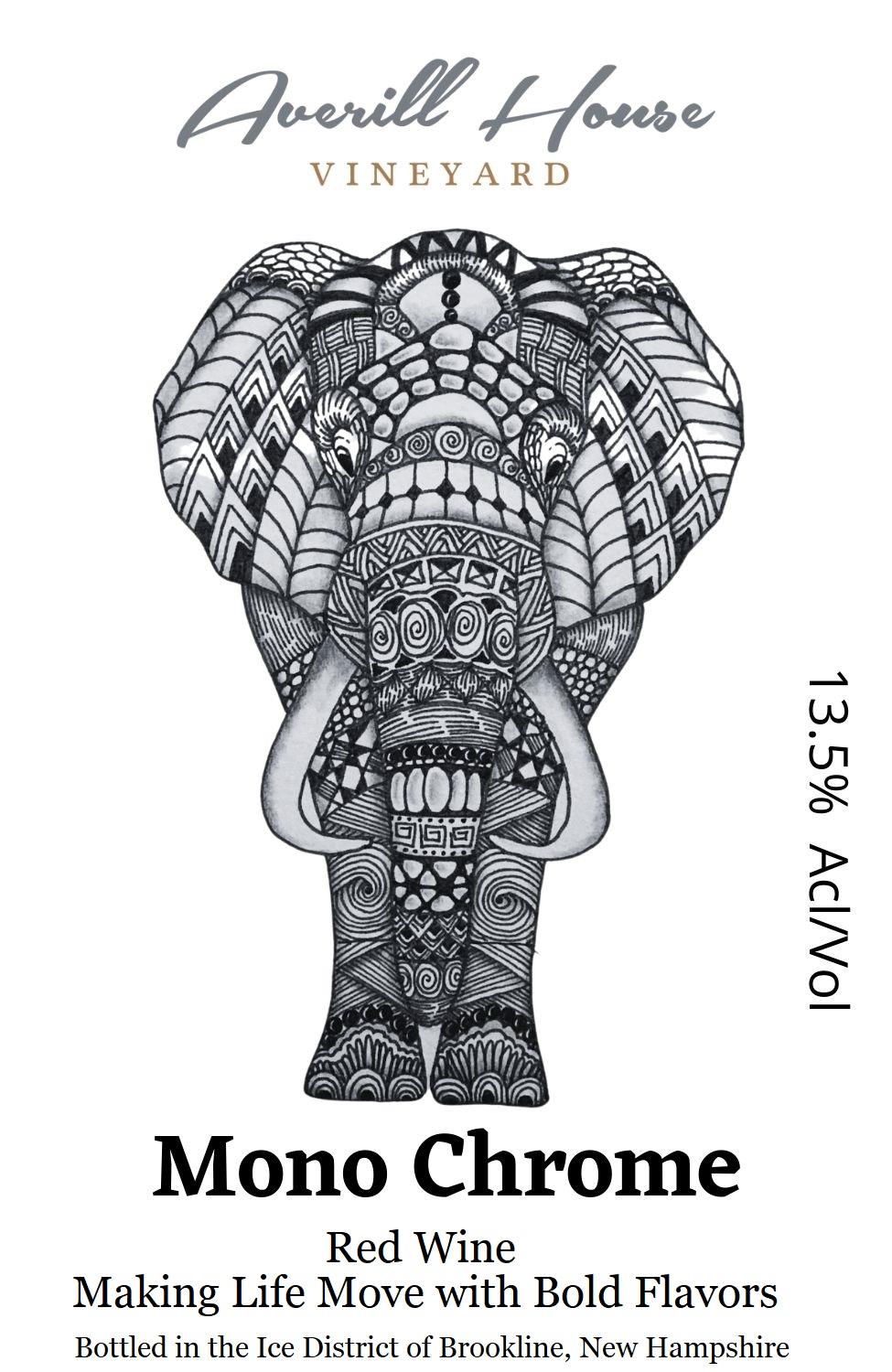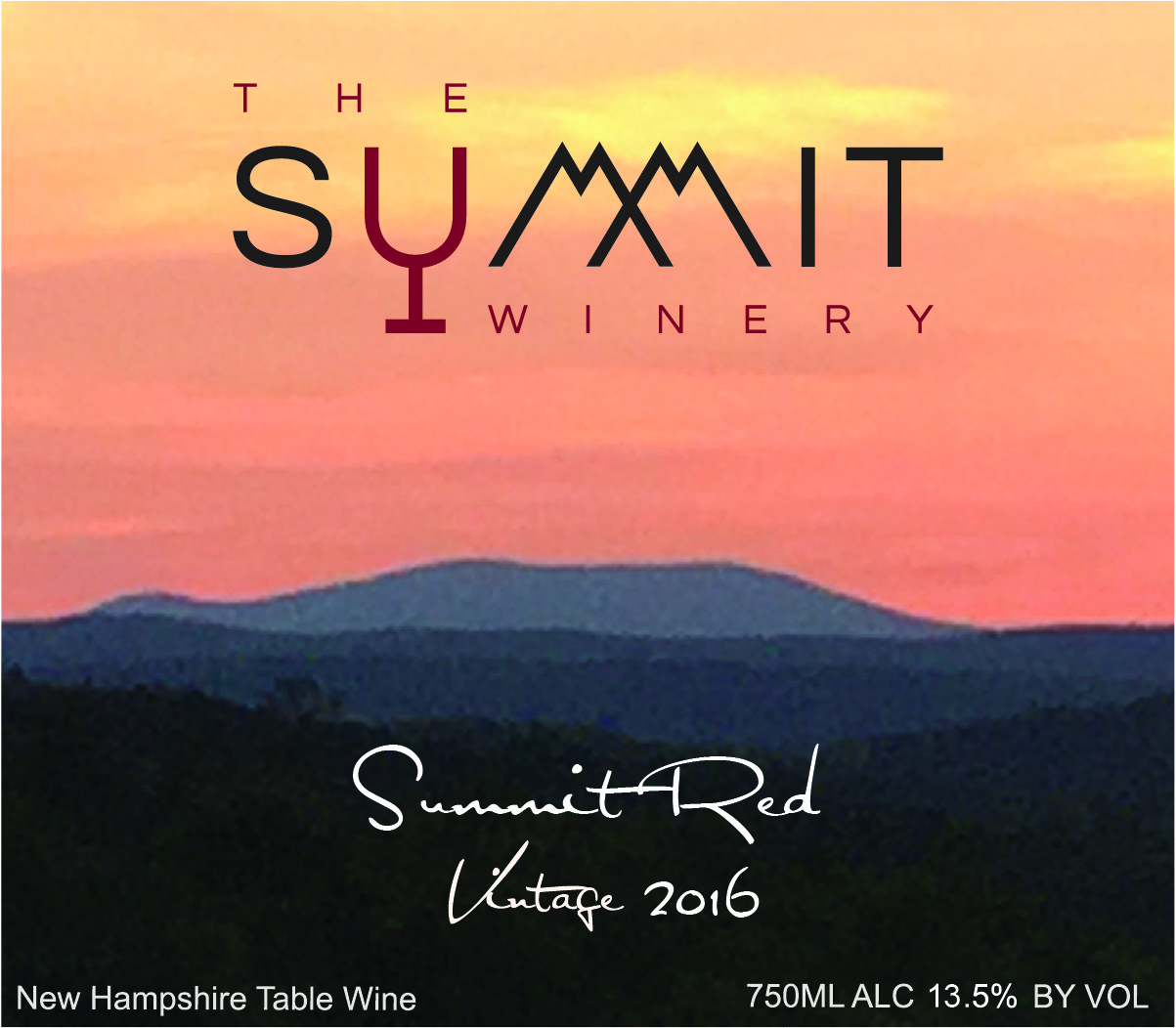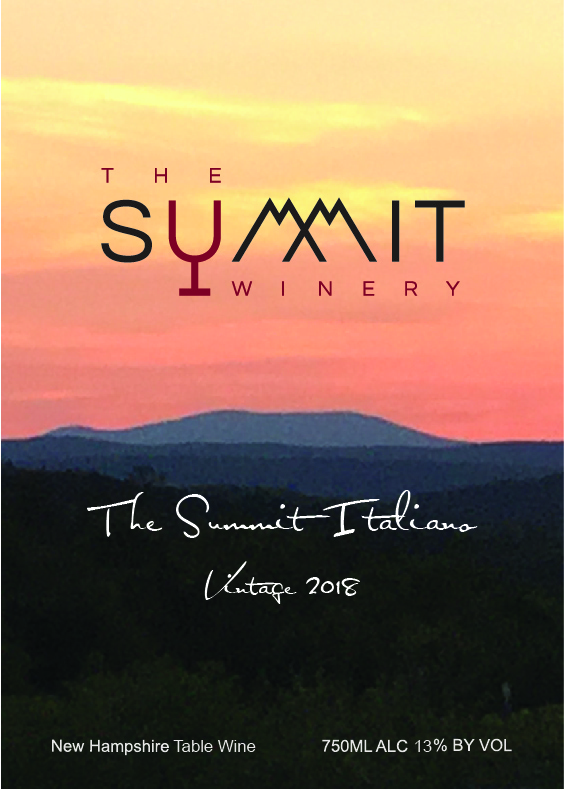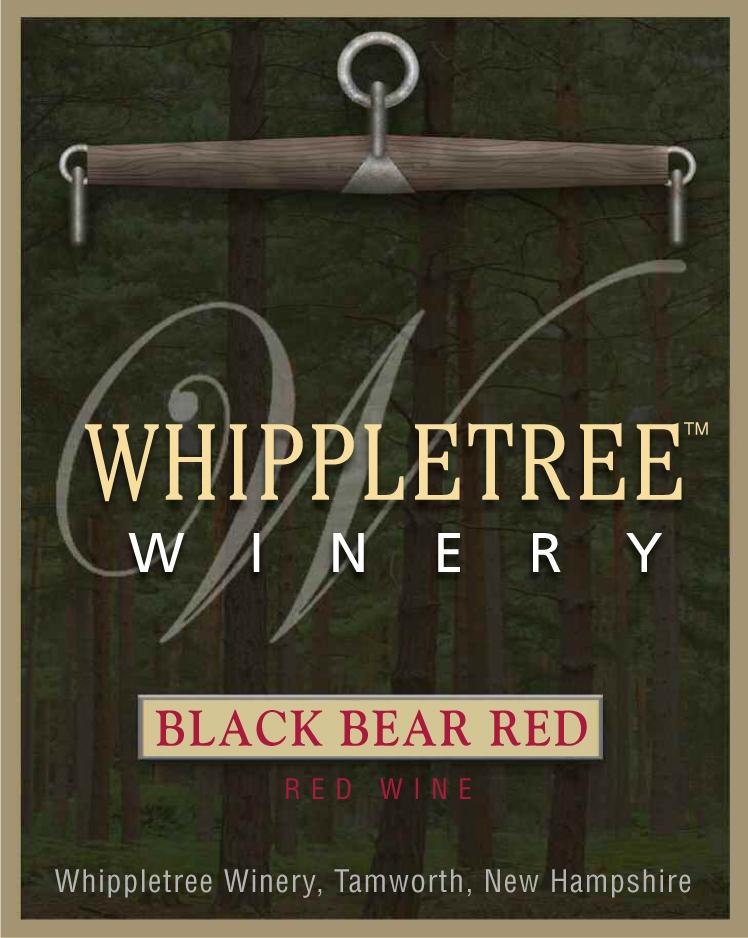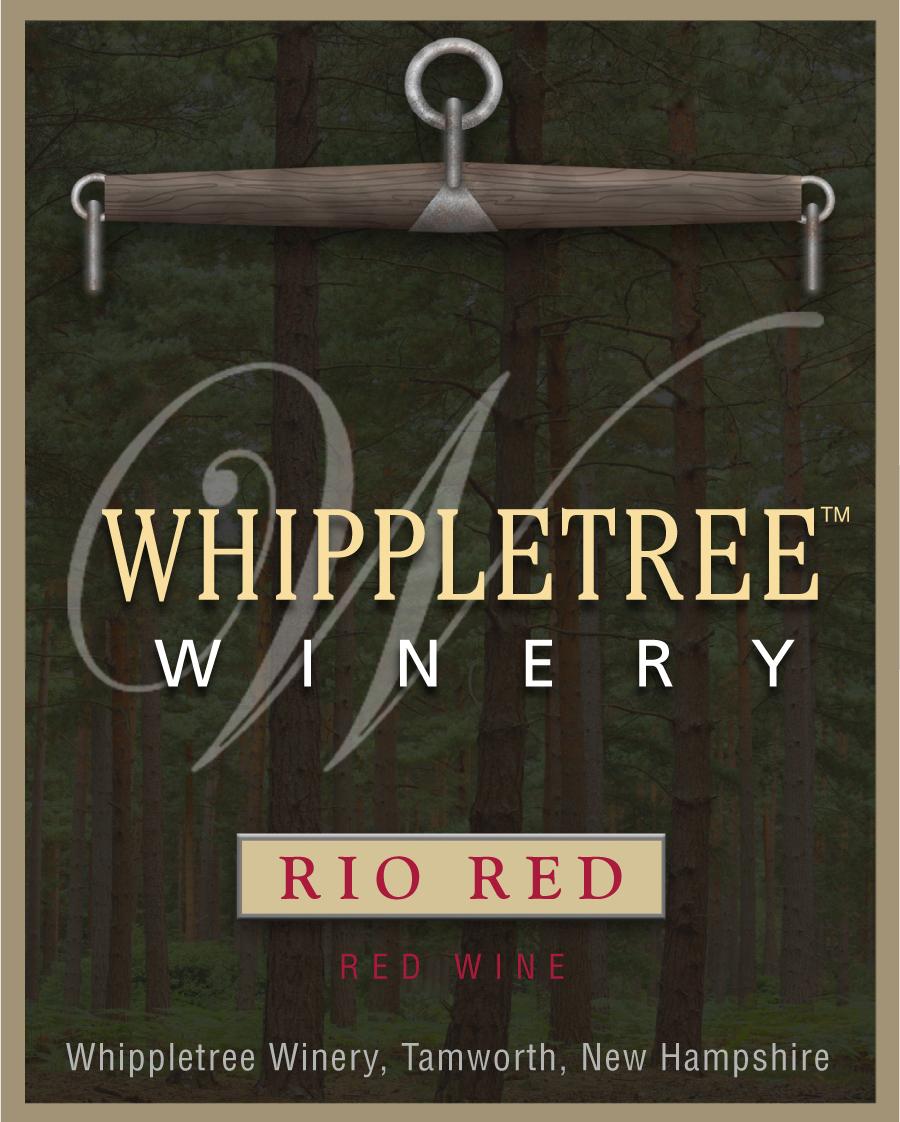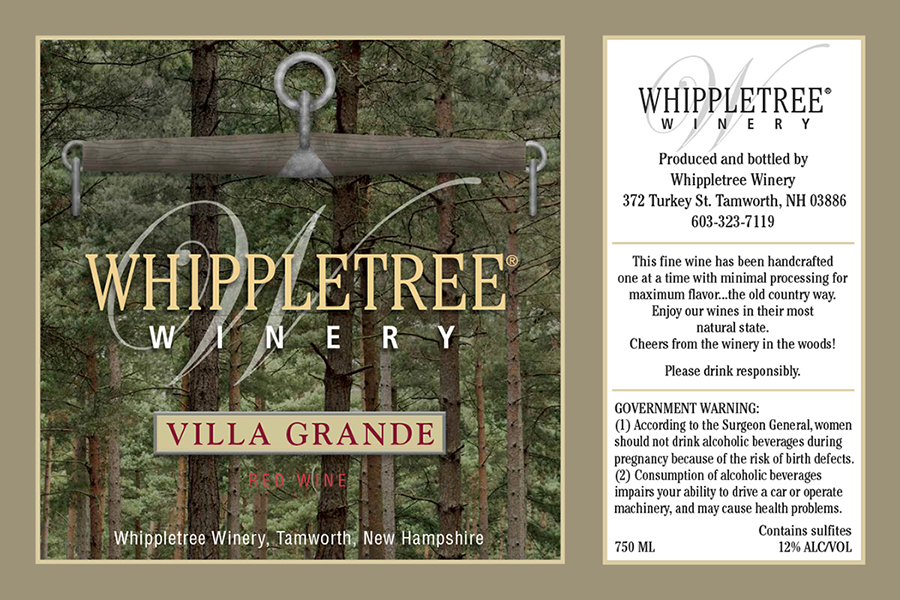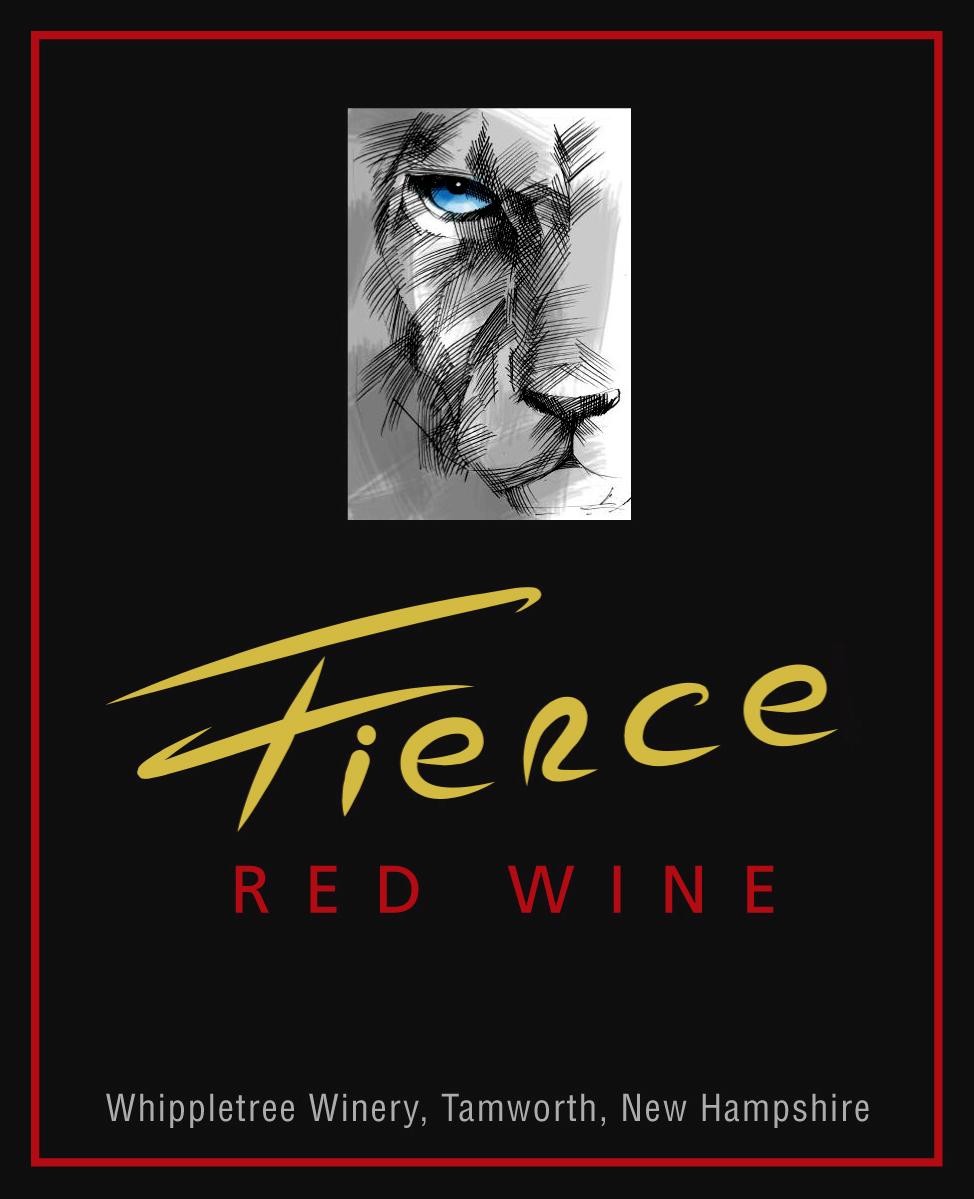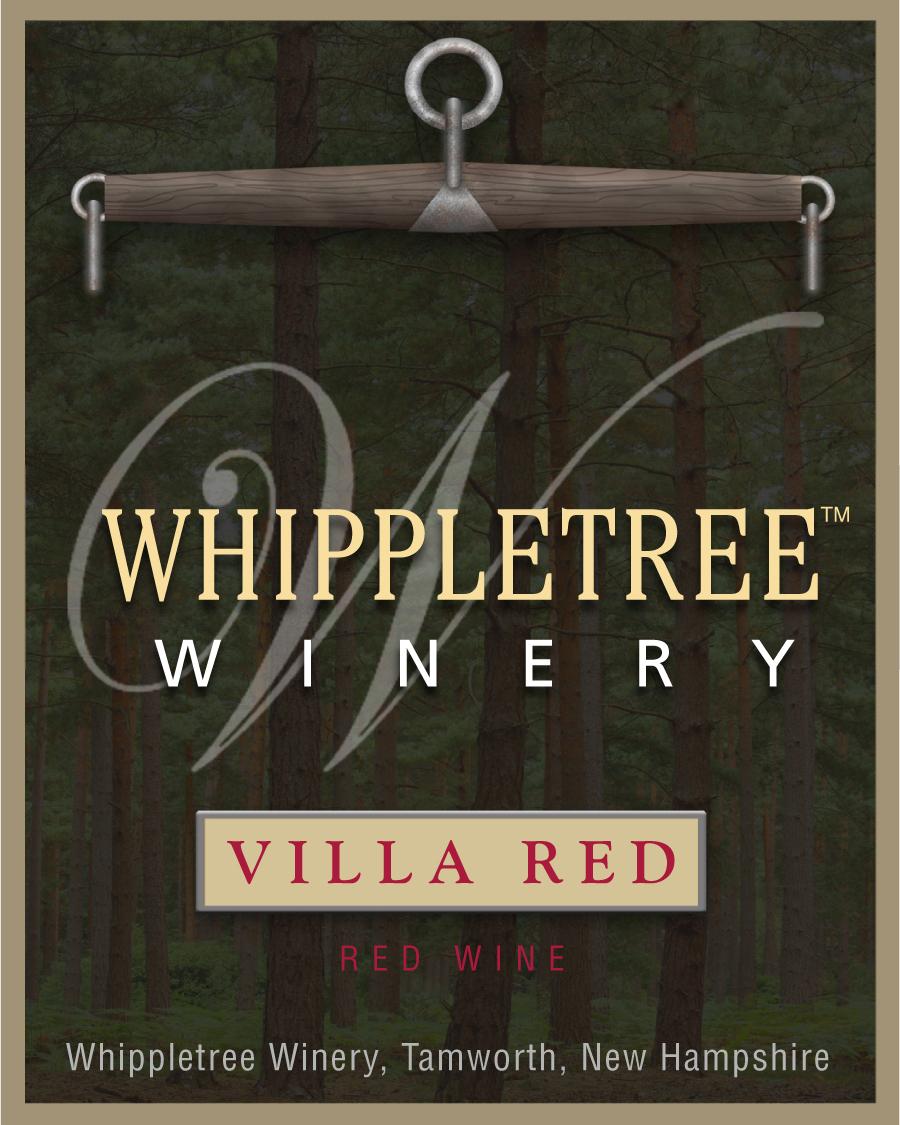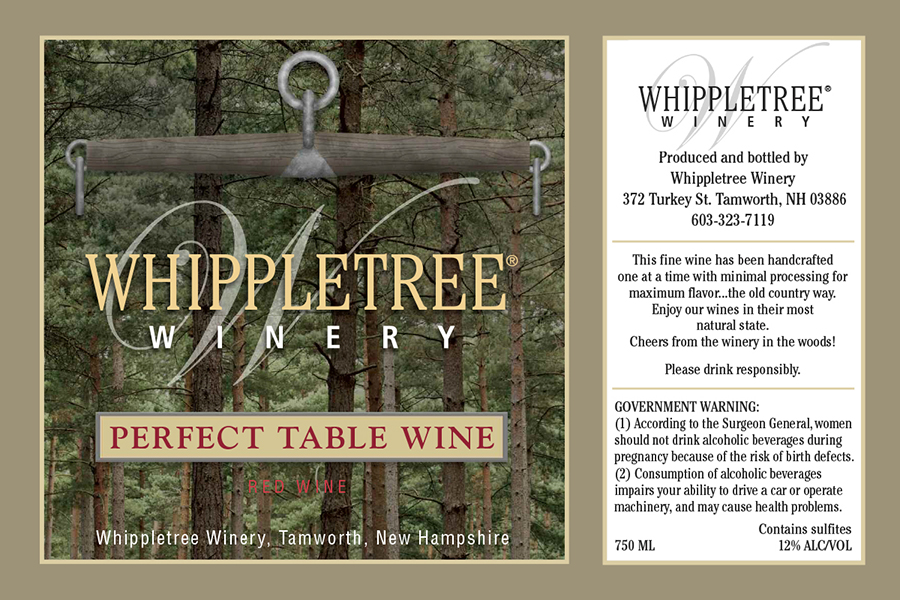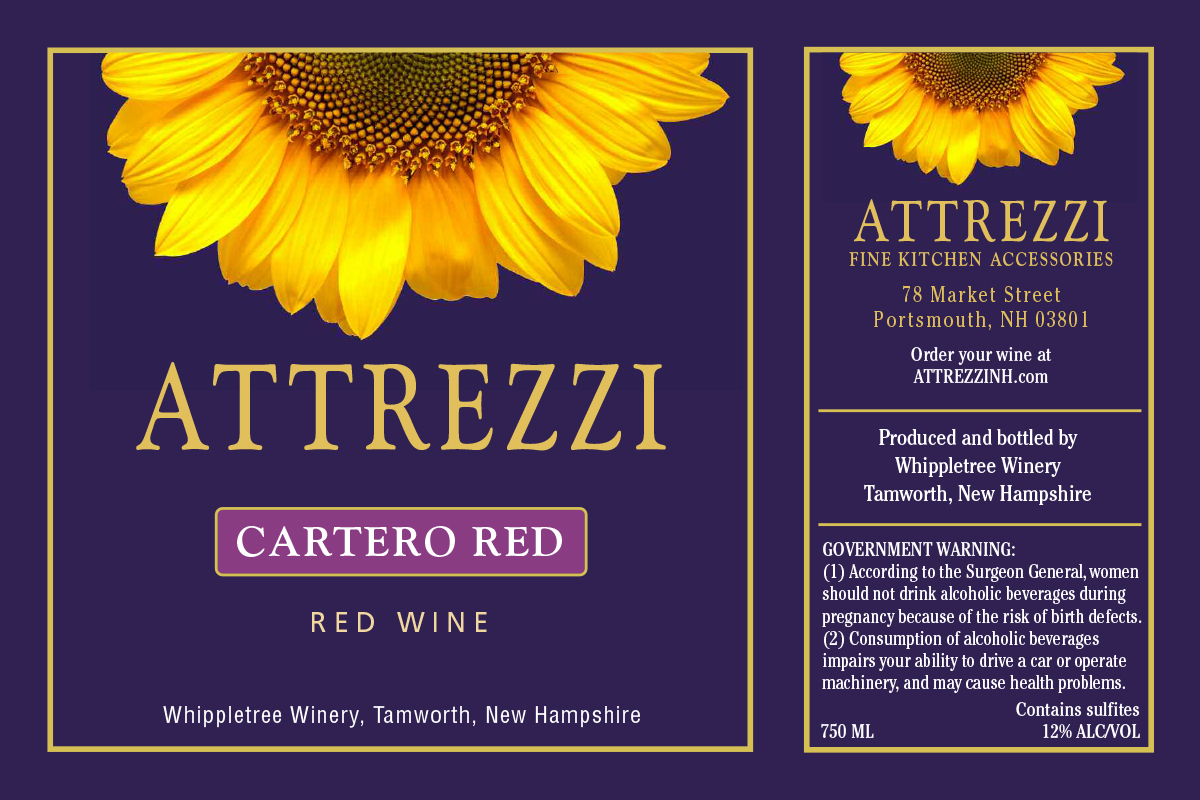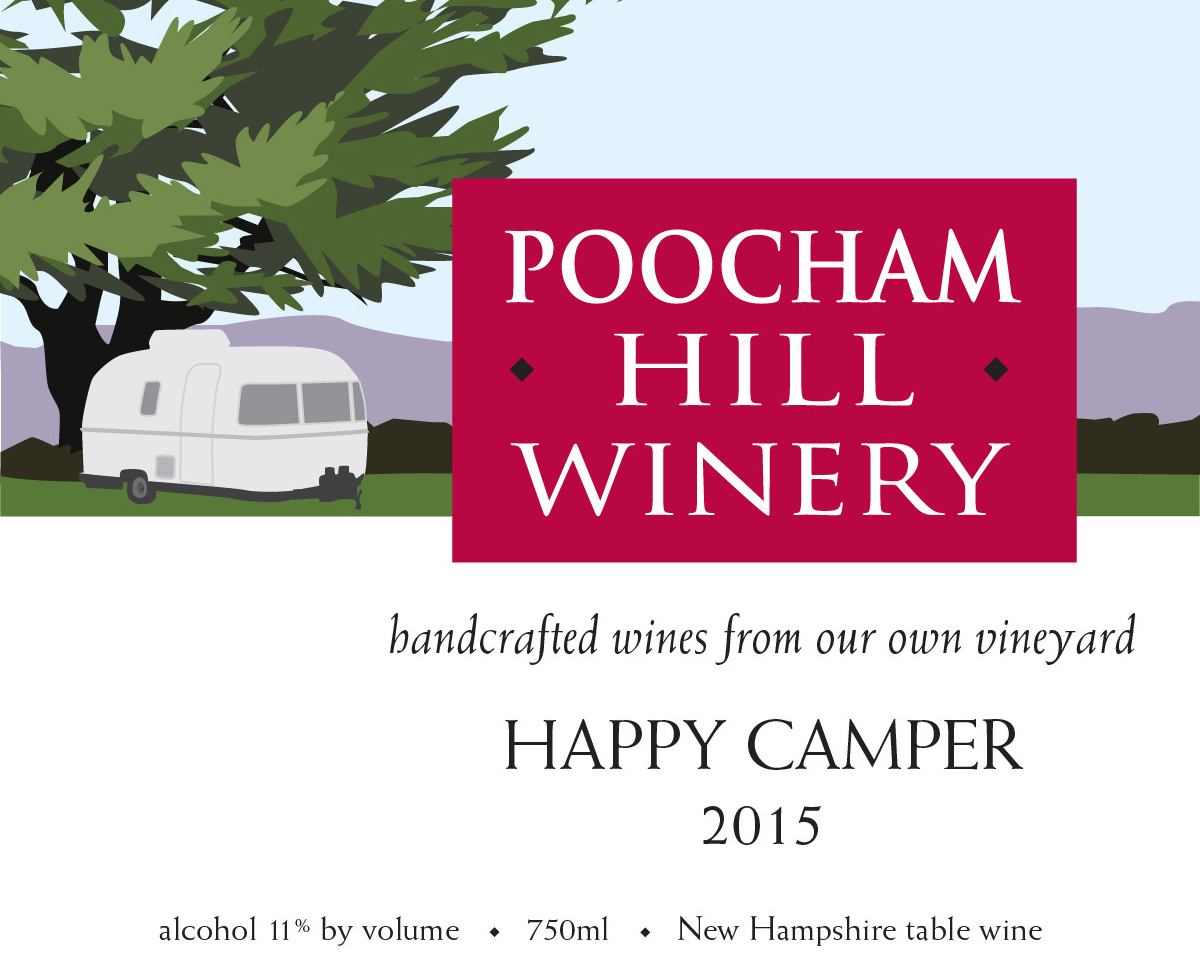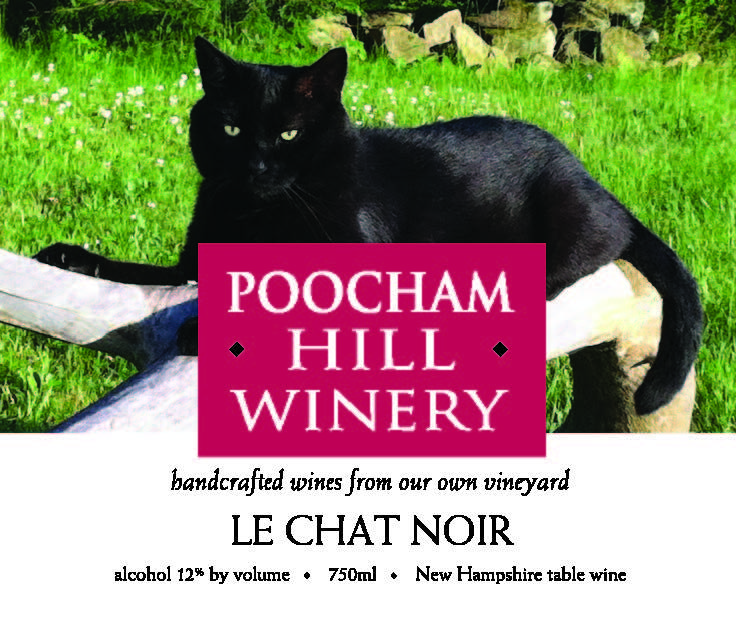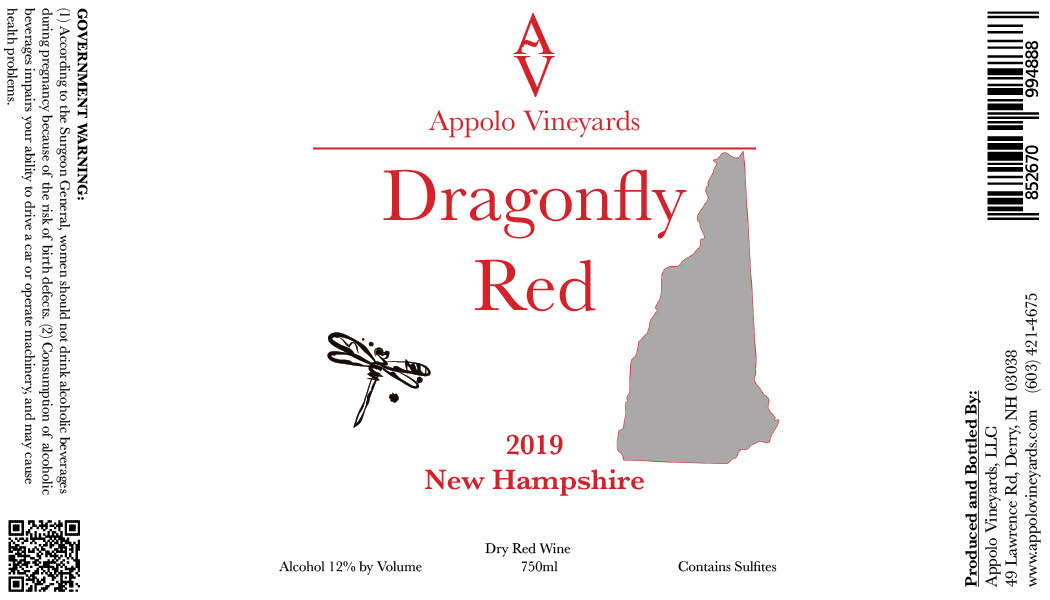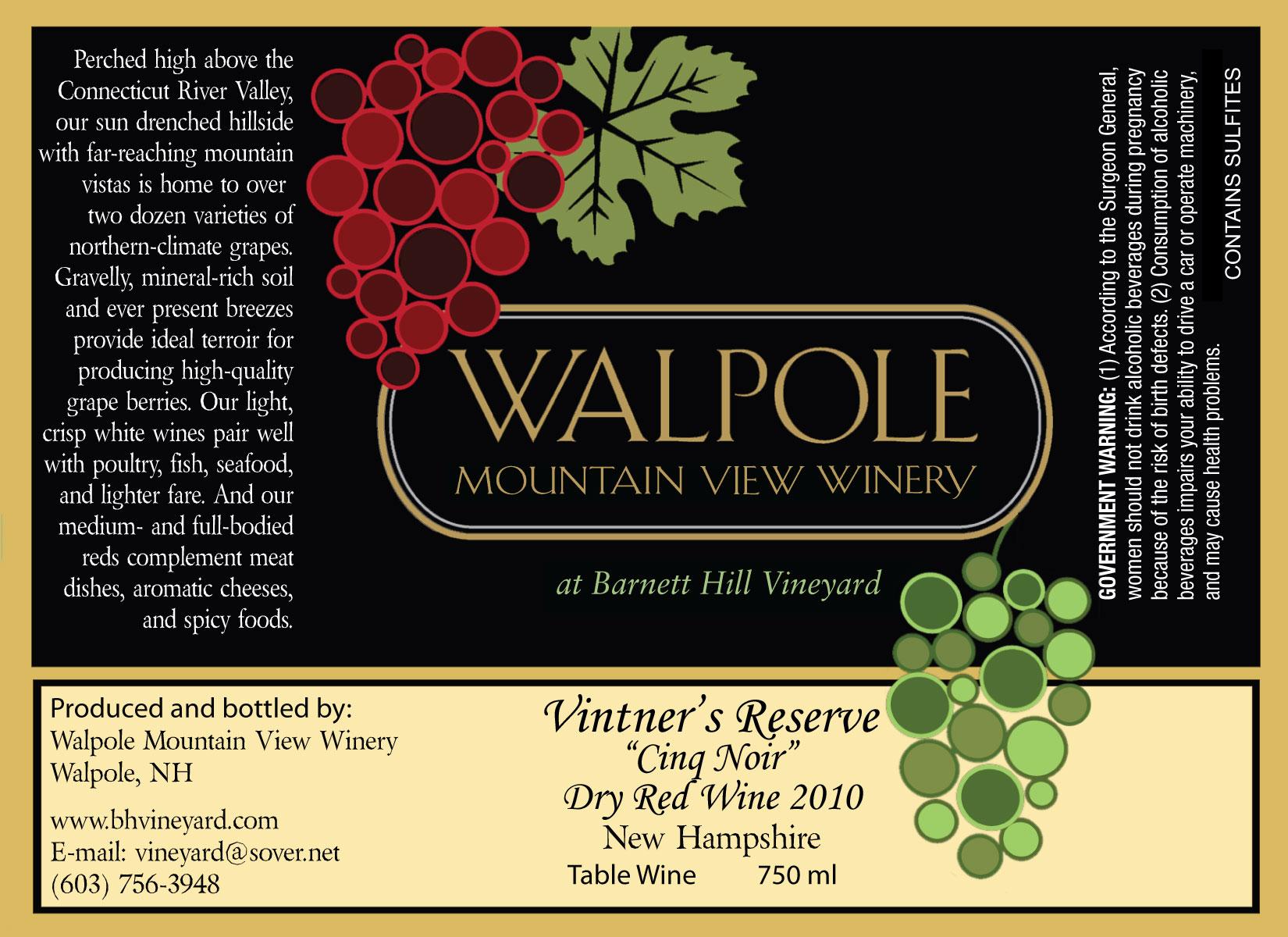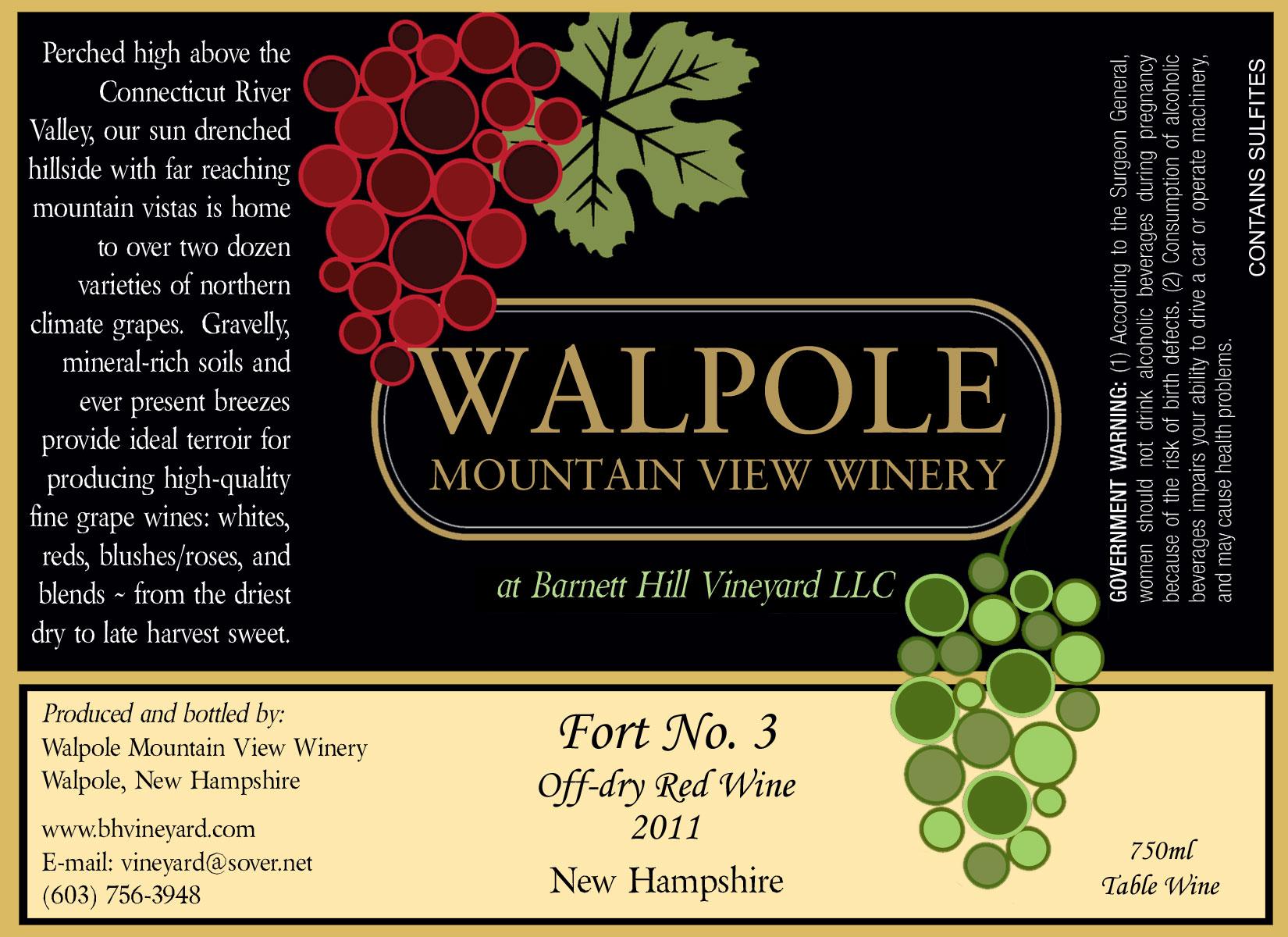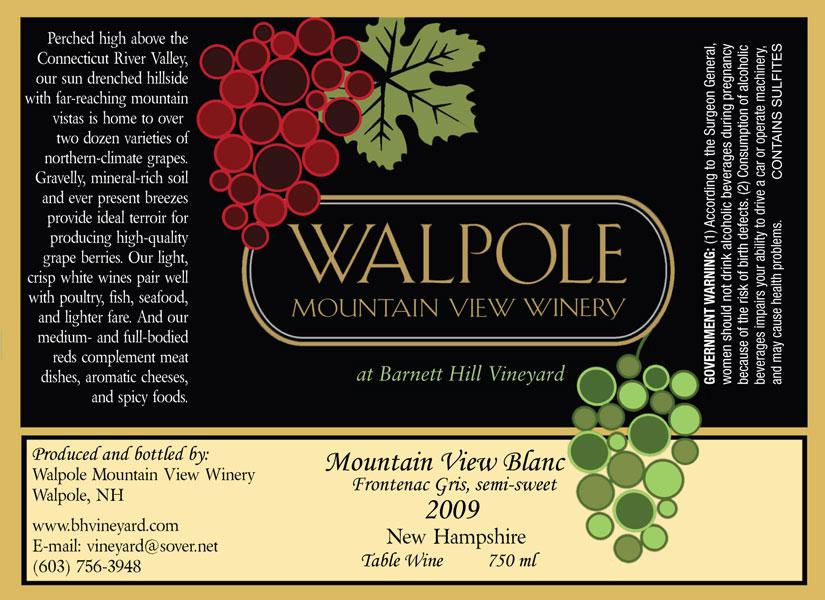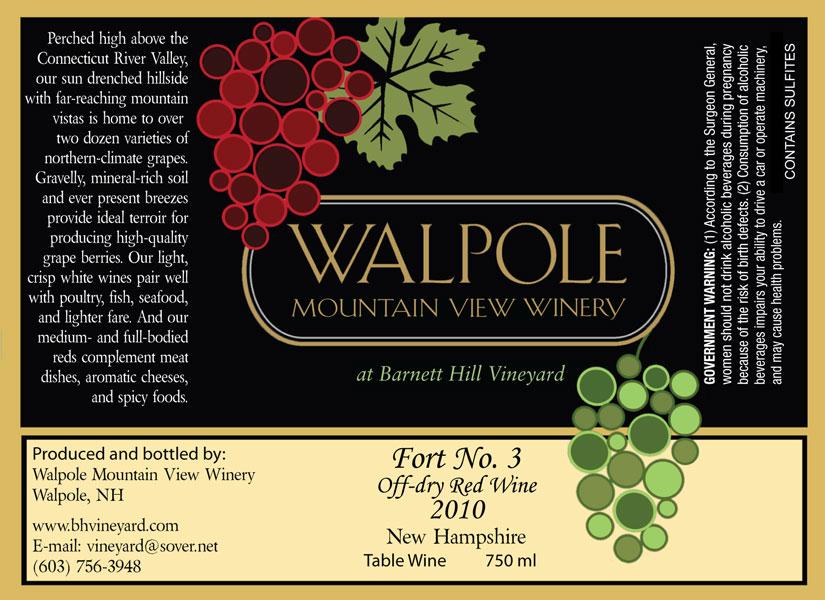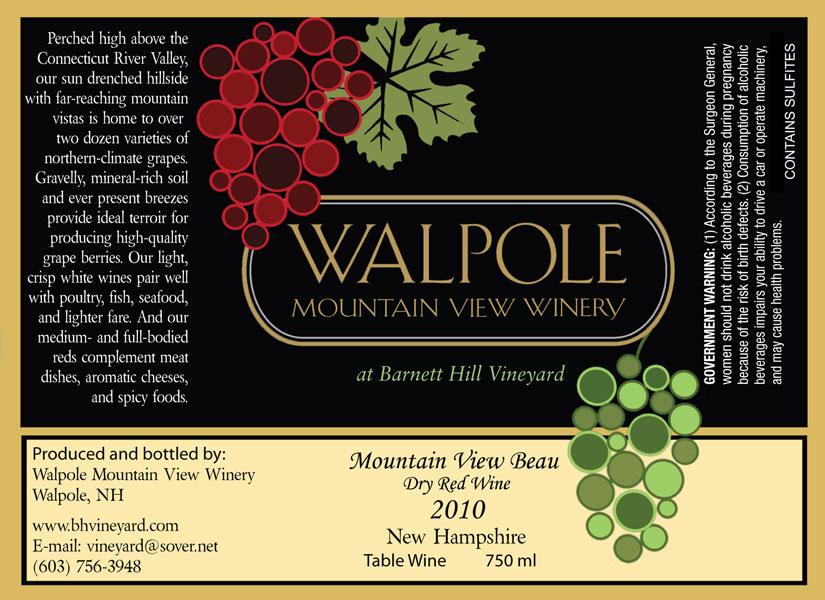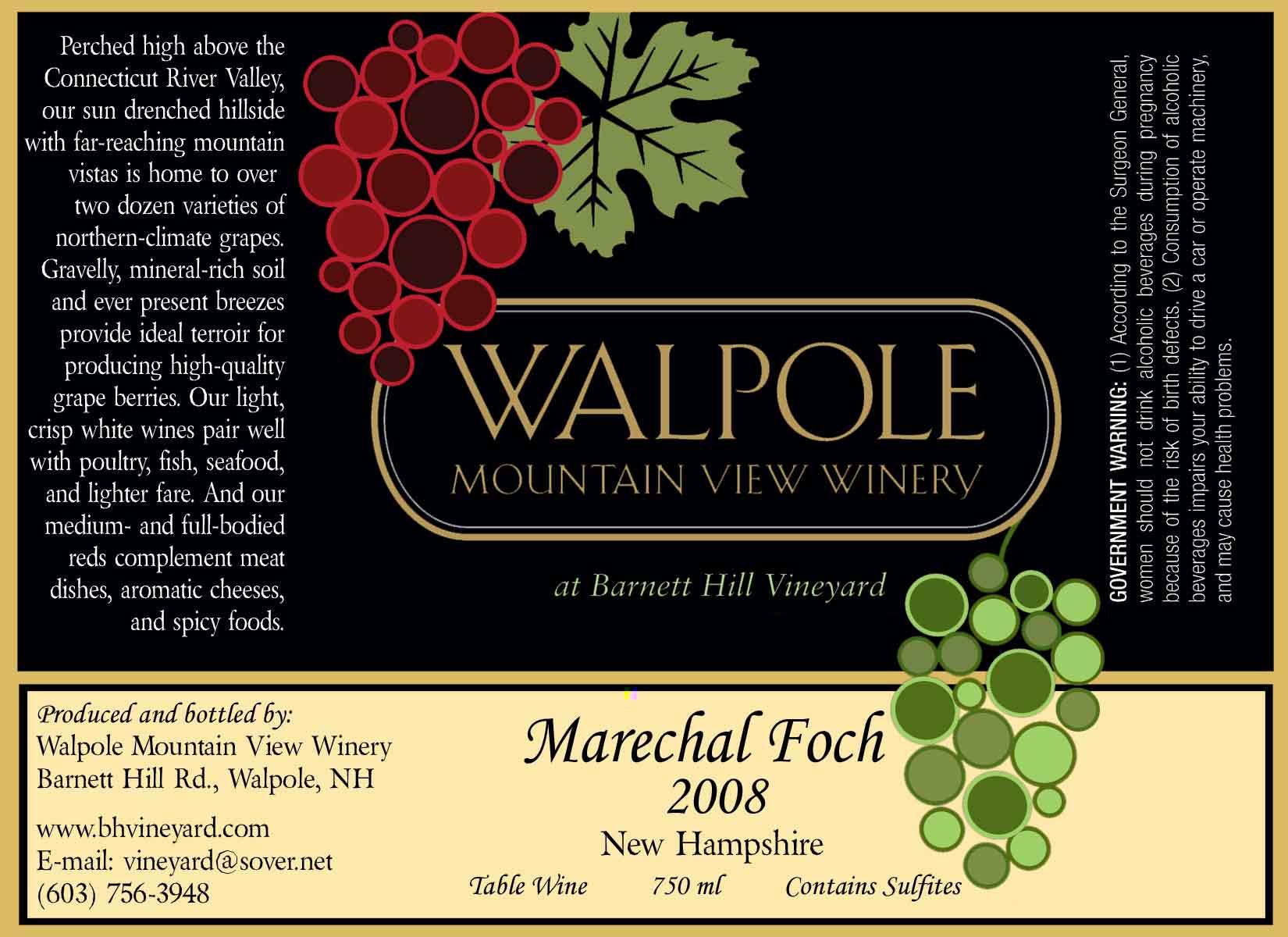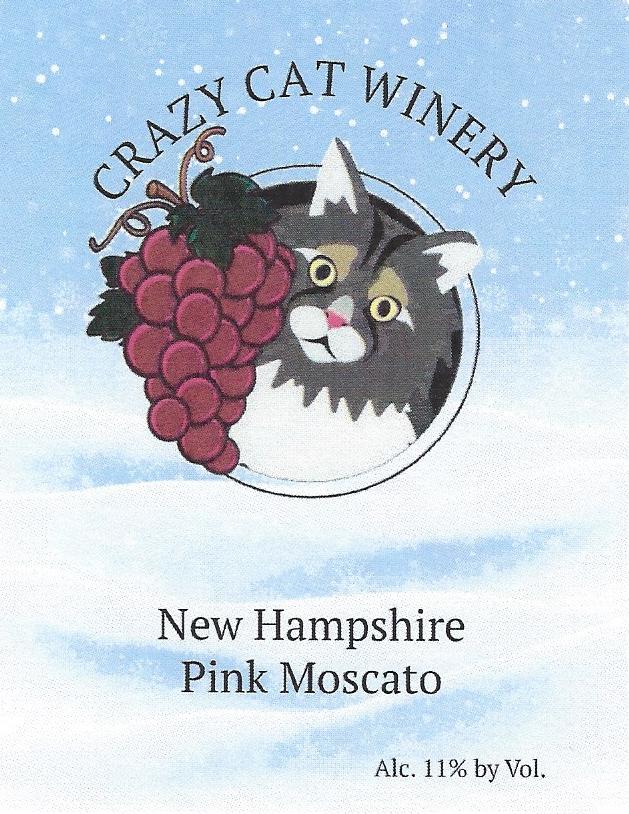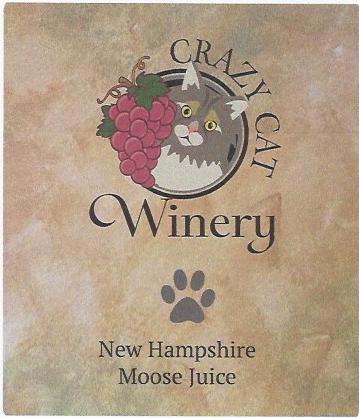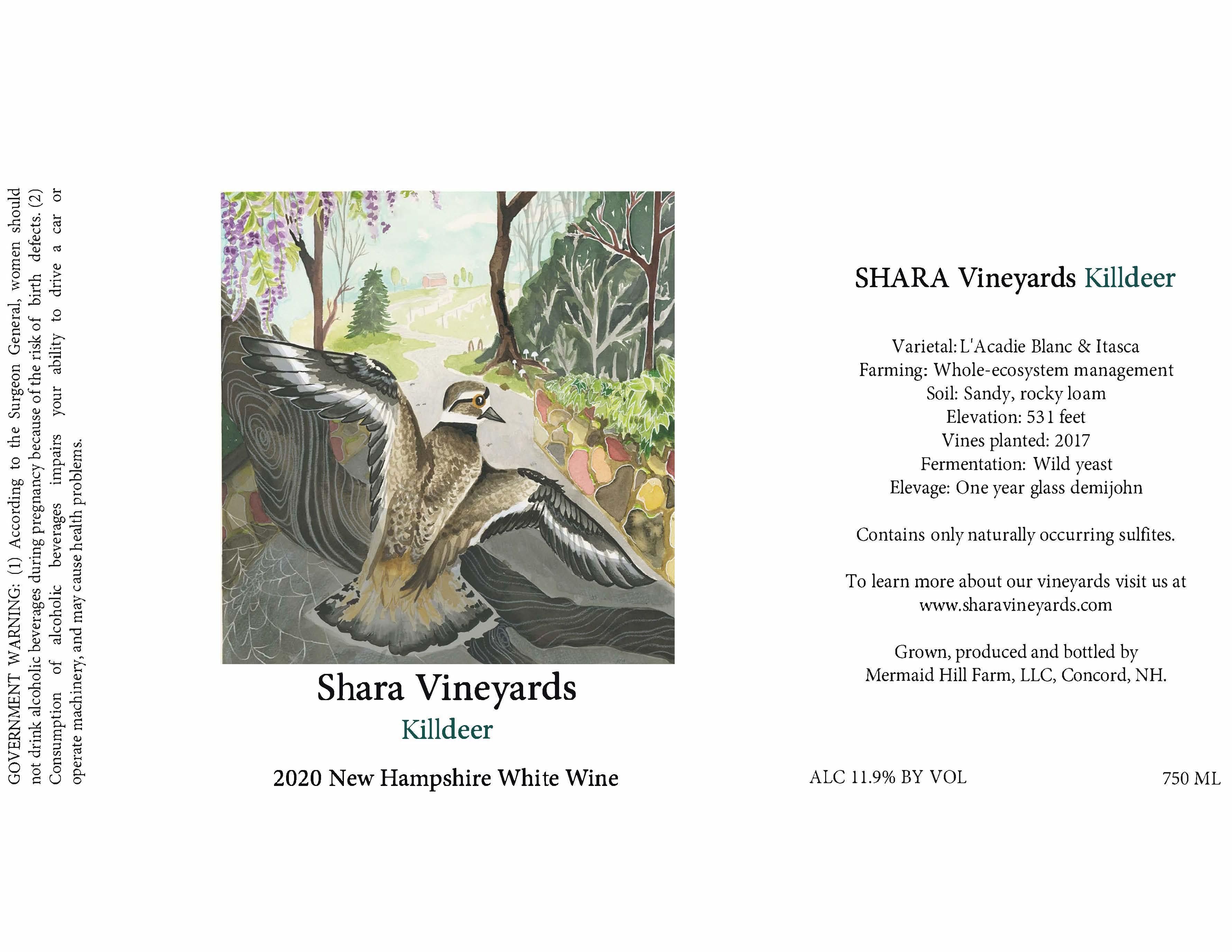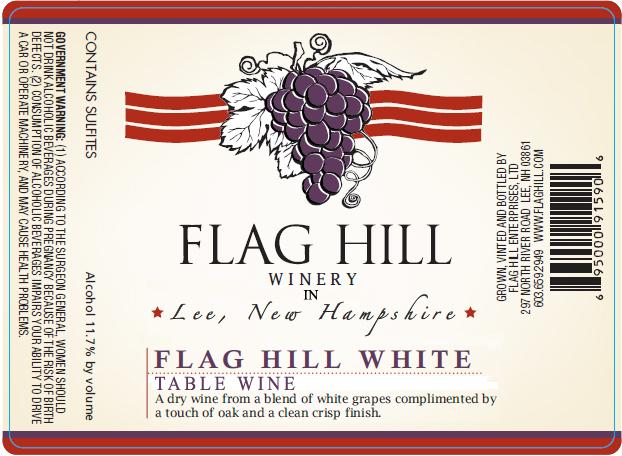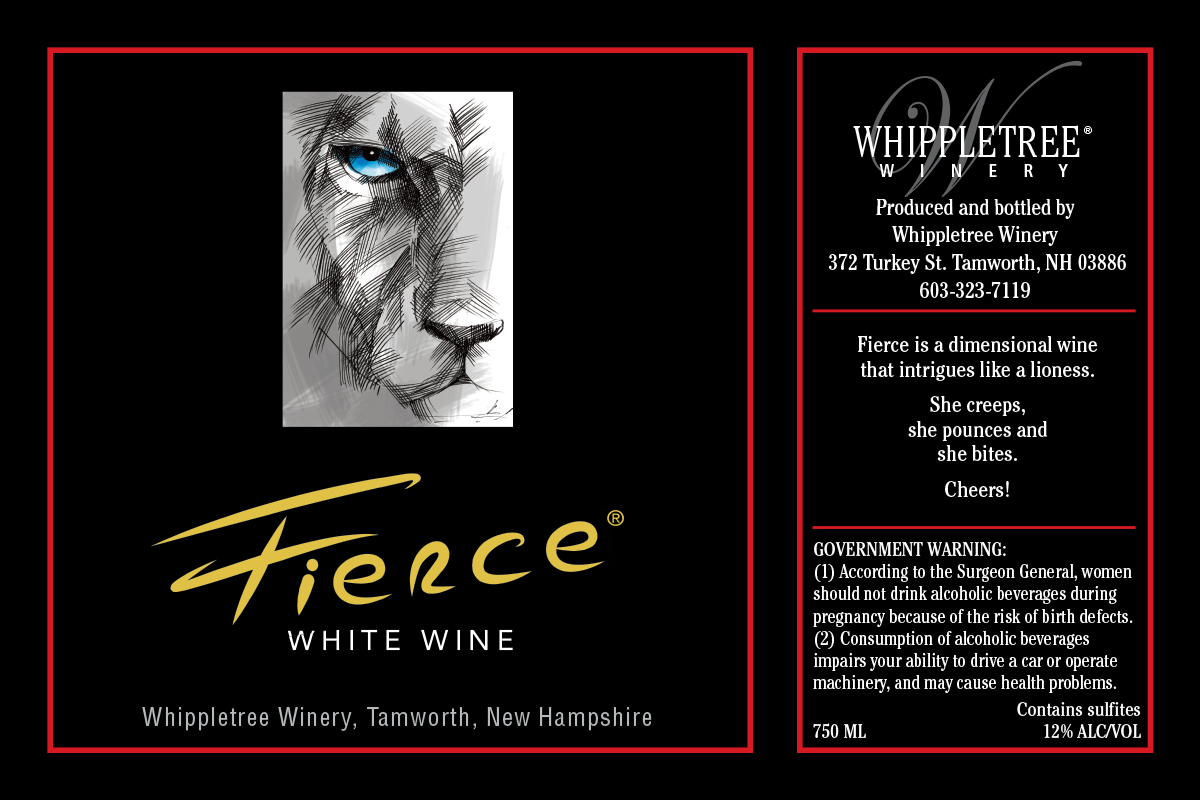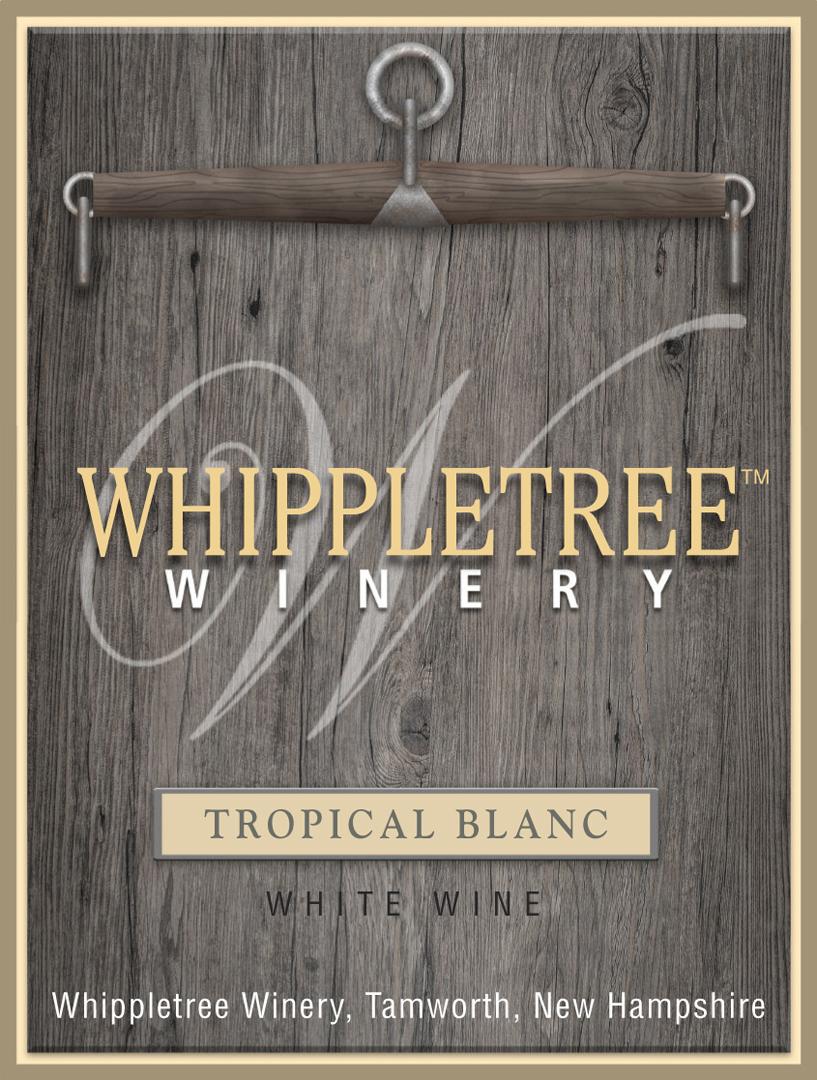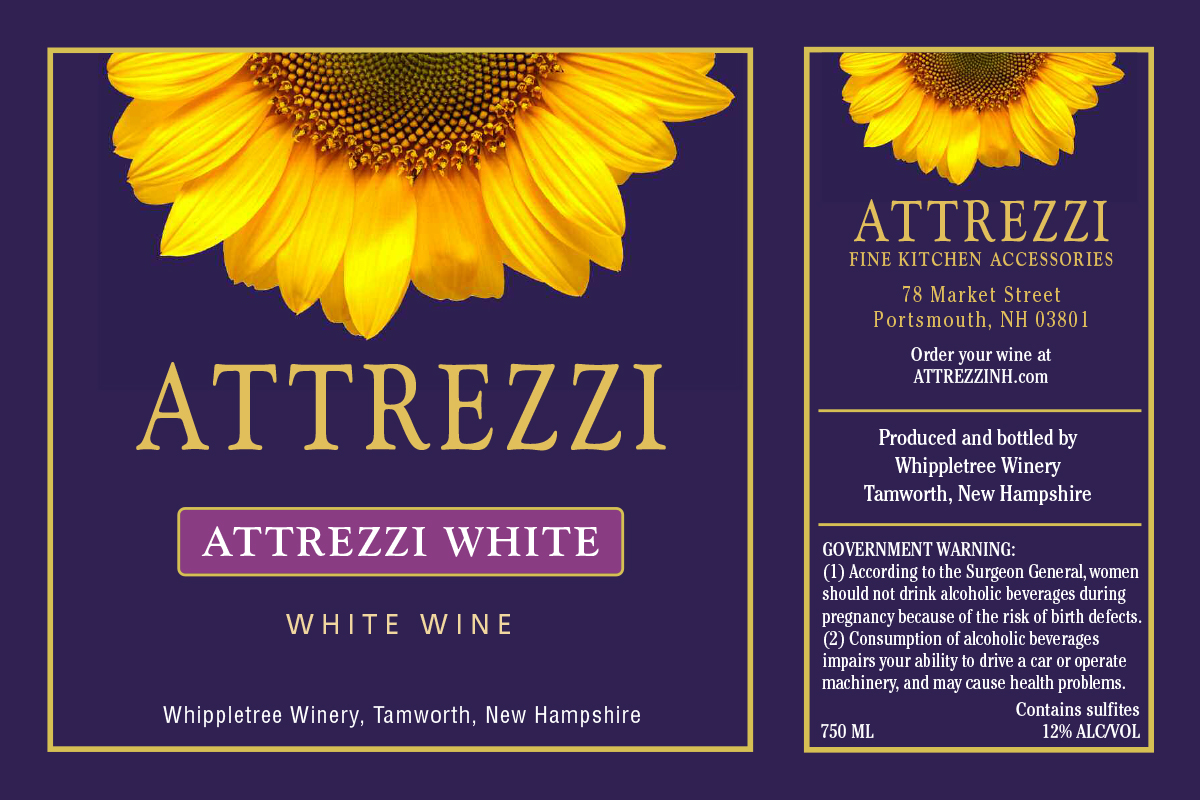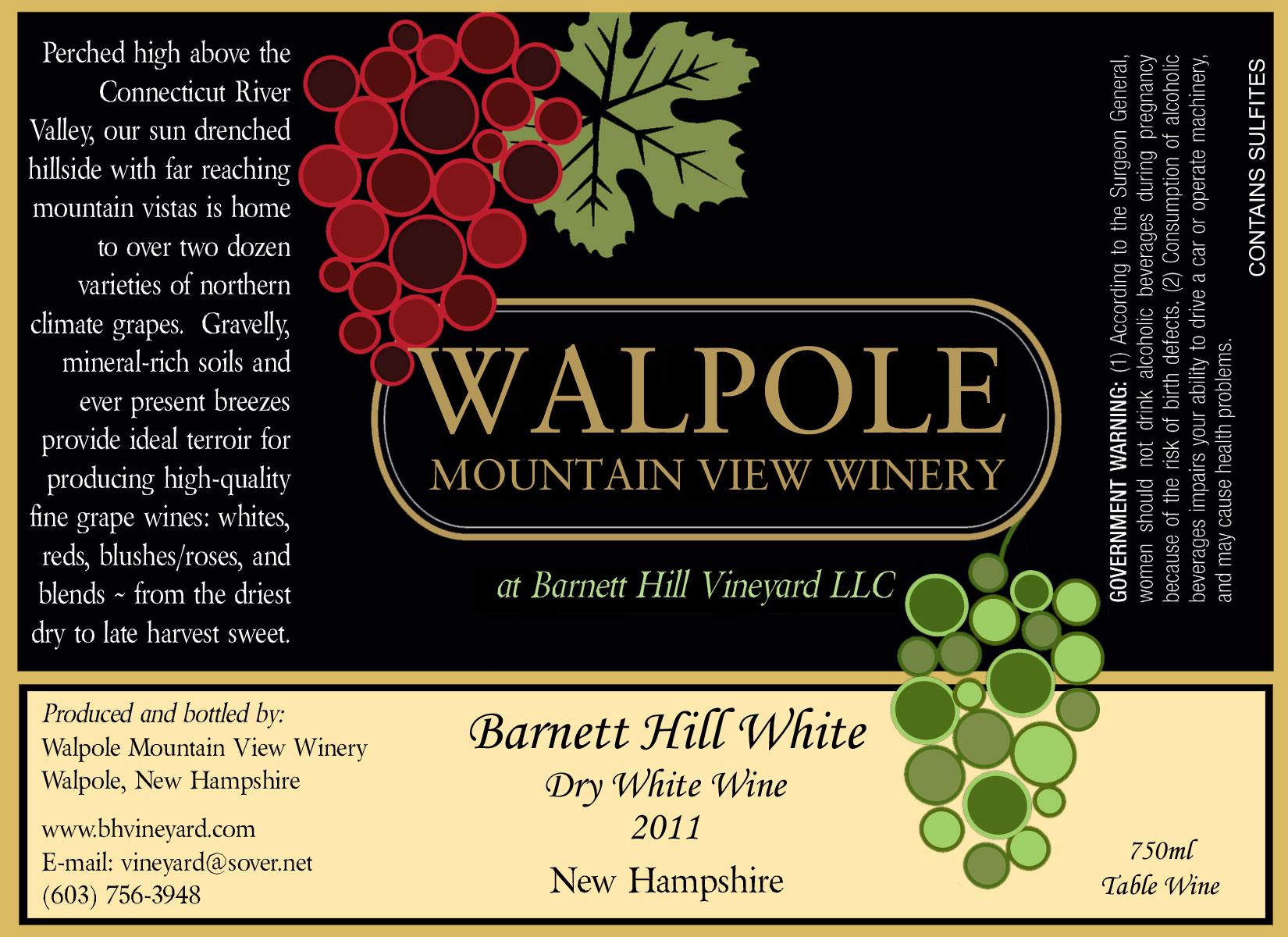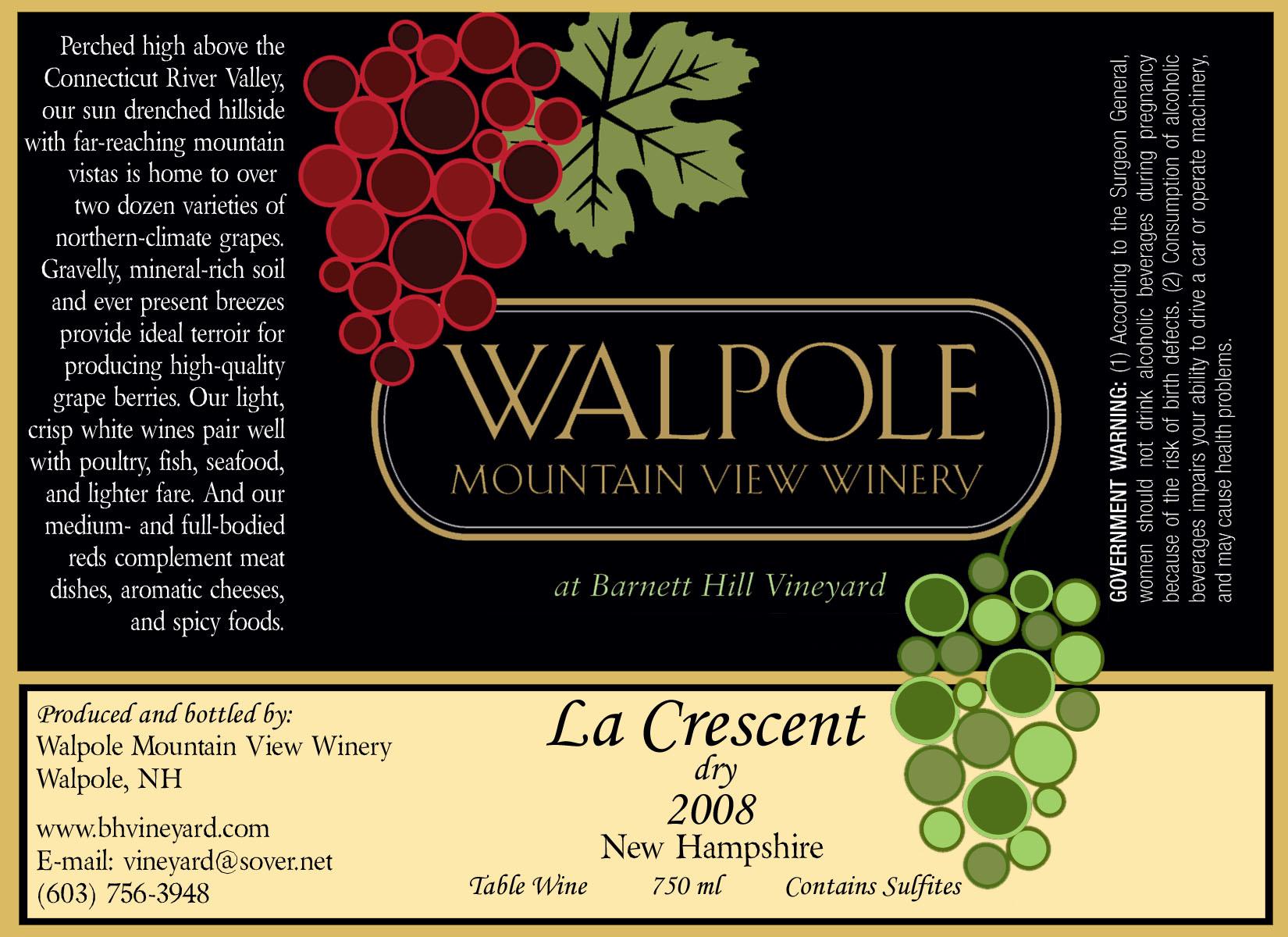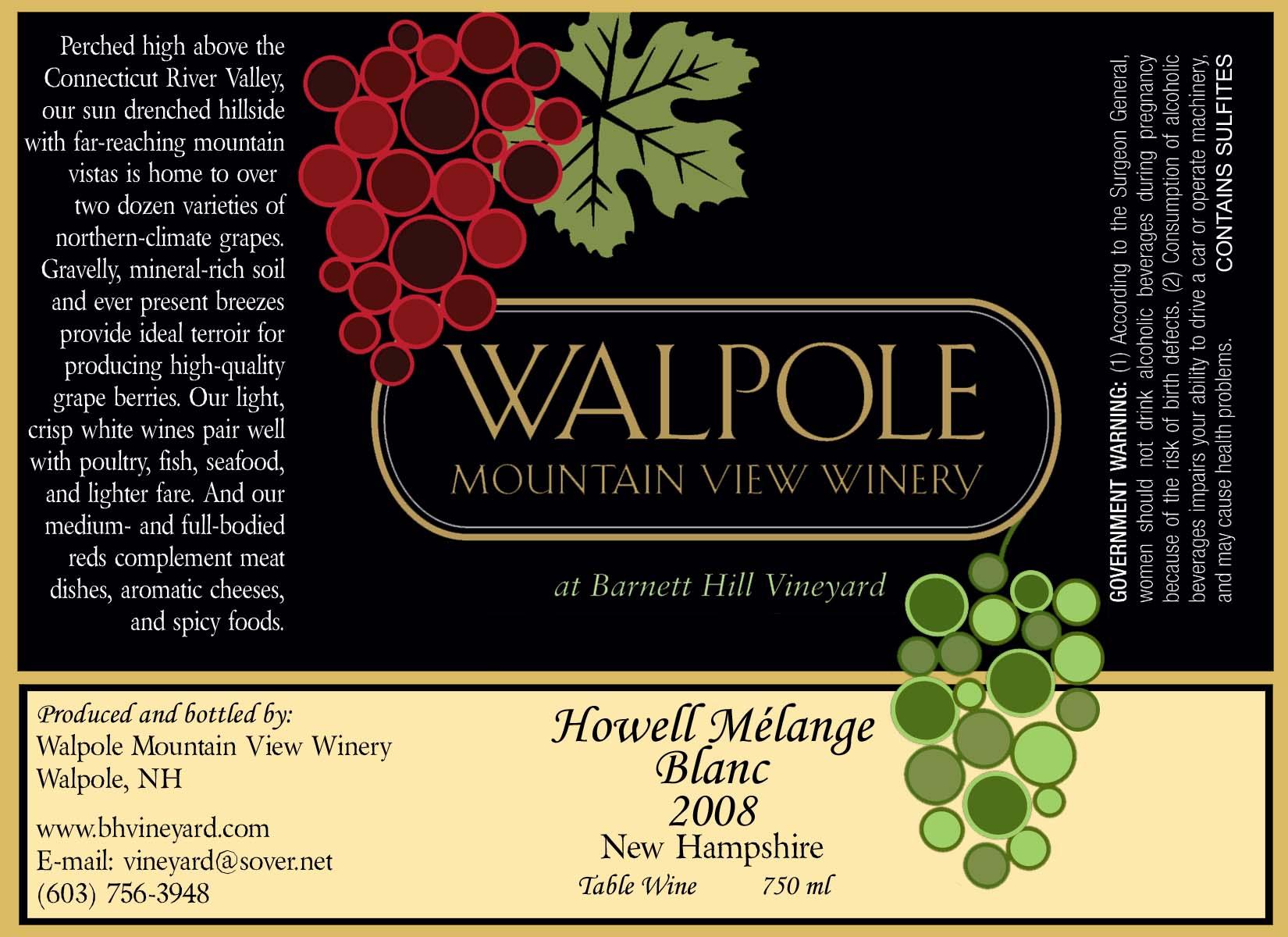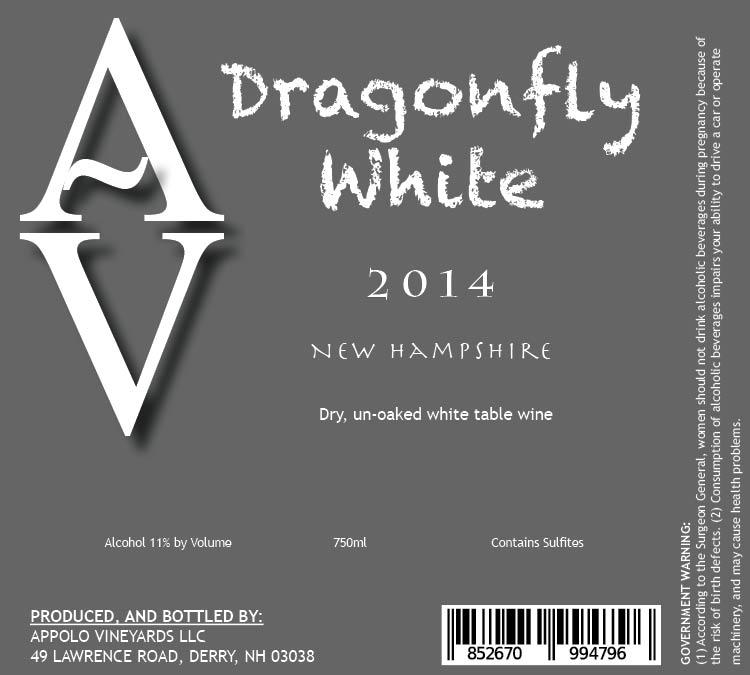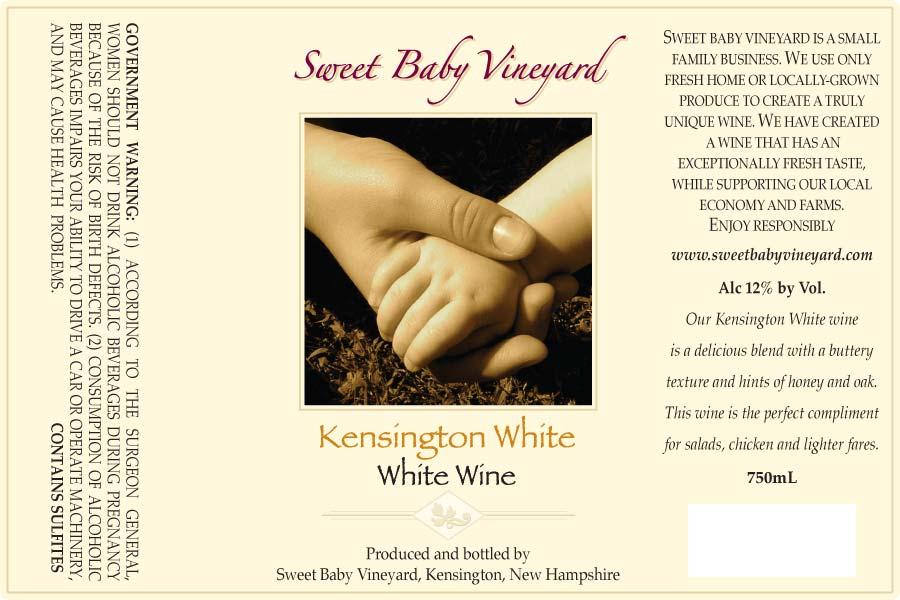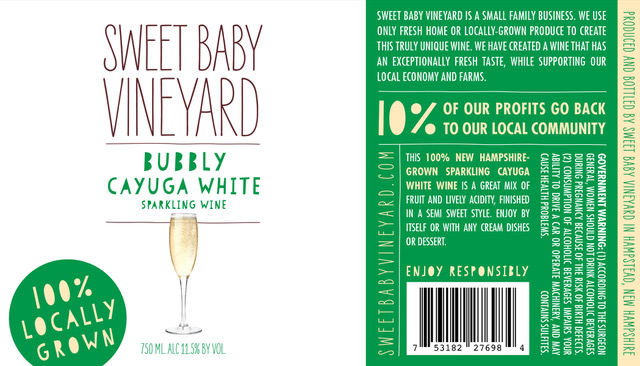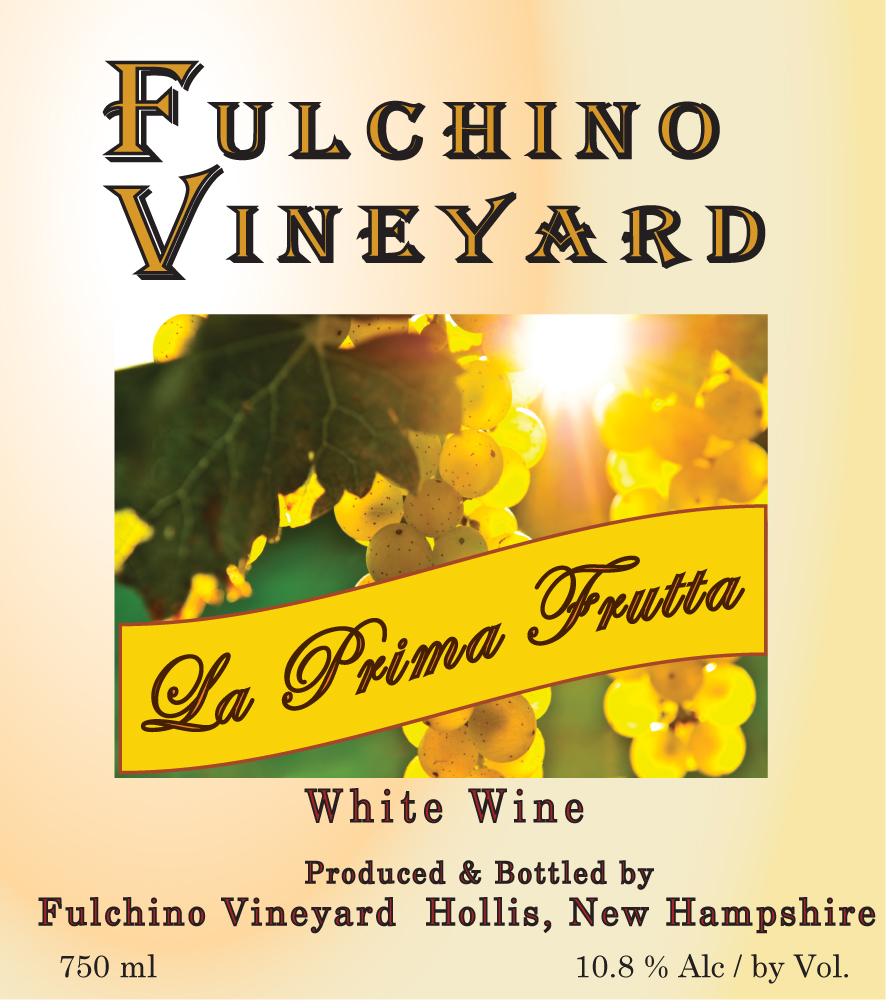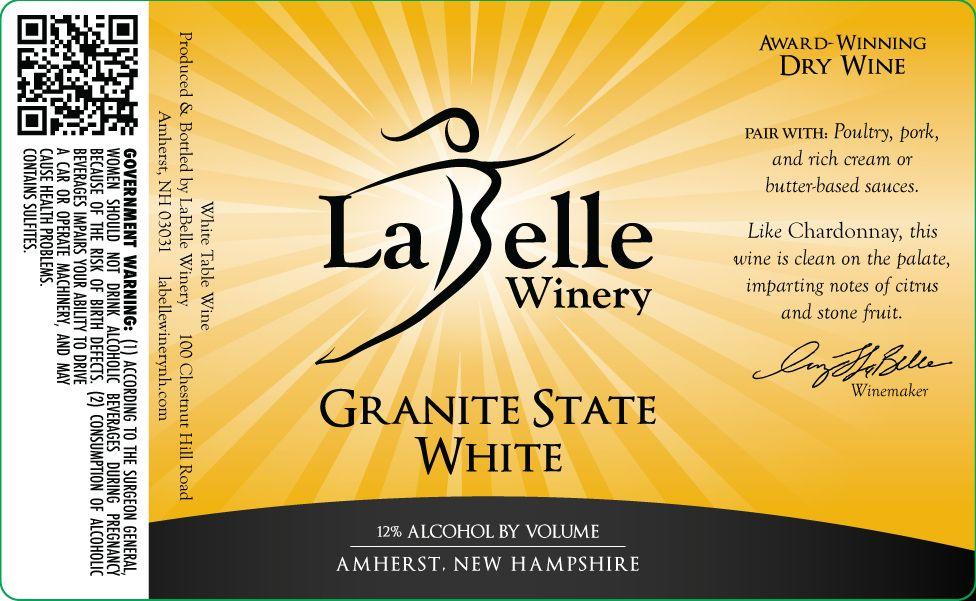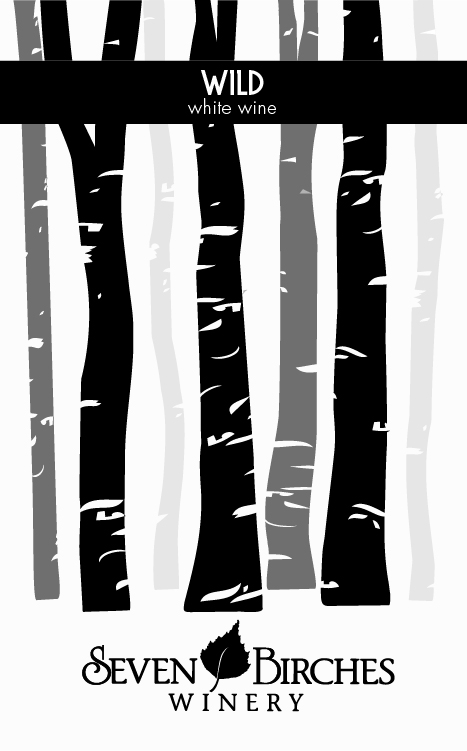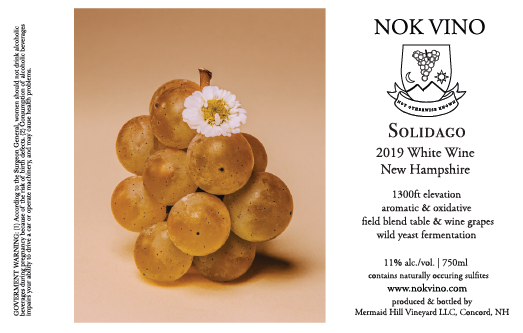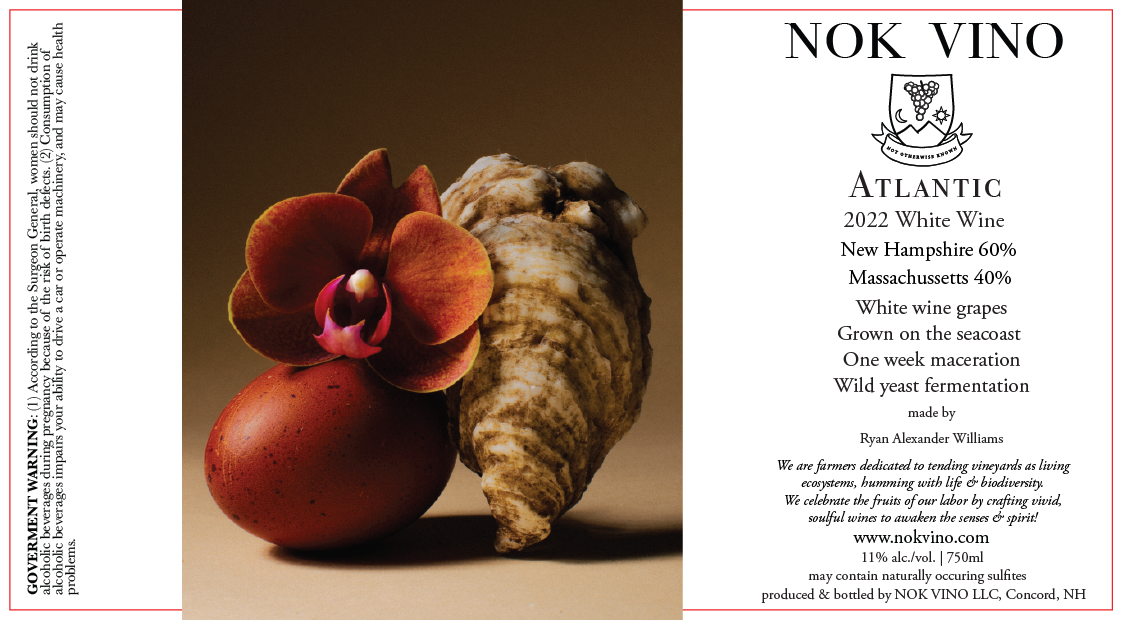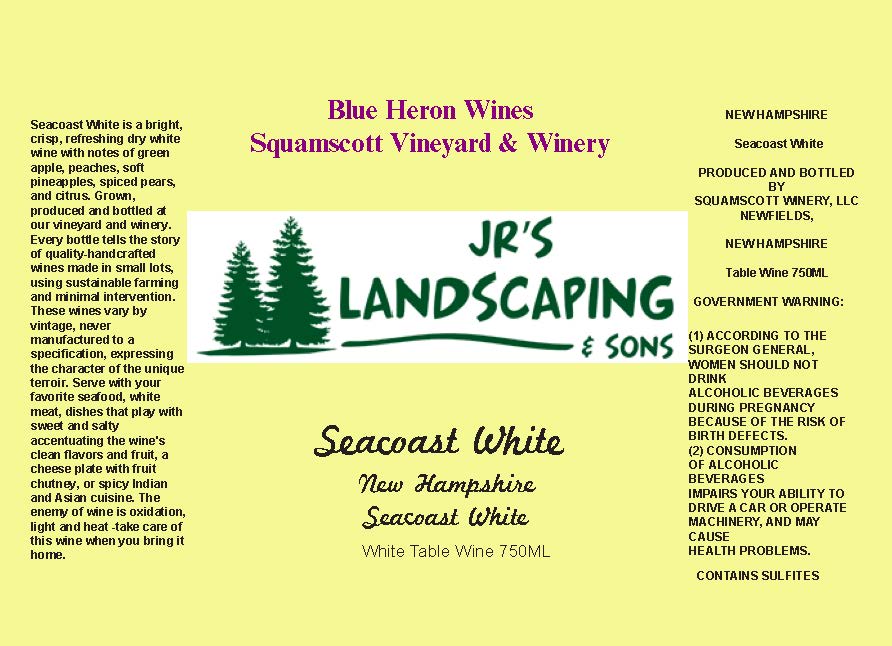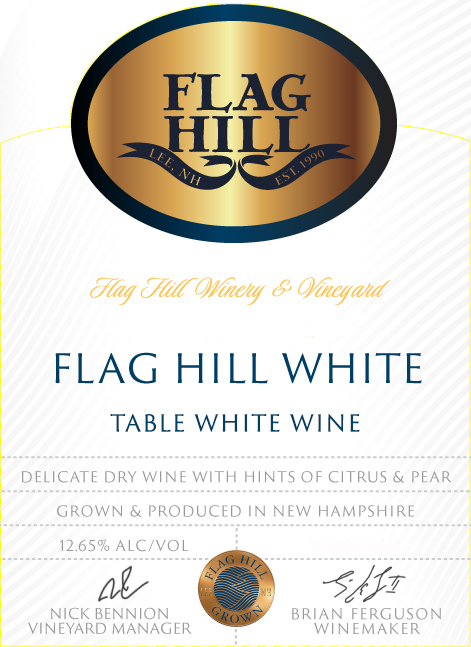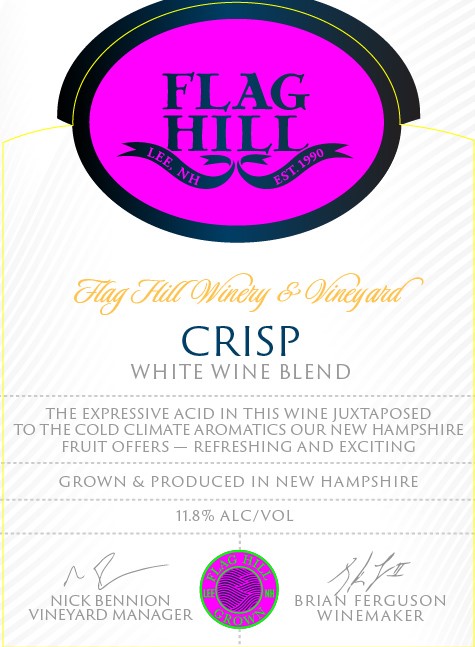Terroir of New Hampshire
New Hampshire’s tough climate and varied landscapes create a unique character for its wines. Located in northern New England, the state has a cool continental climate with cold, snowy winters and warm, short summers. The growing season, from late May to September, features cooler temperatures, allowing grapes to ripen slowly and keep their high acidity, a key trait of New England wines.
The state’s rocky, granitic soils, along with sandy loam and gravel, add depth to the wines. Glacial and river processes have shaped diverse soil types, affecting wine variations. With about 40 inches of rainfall yearly and moderate humidity, vineyards need good airflow to avoid mildew. The varied landscape, from mountains to lakes, offers microclimates perfect for different grape types, leading to wines with bright acidity and fresh aromas. This close link between land and wine makes New Hampshire’s wines distinctly New England.
Notable Wineries in New Hampshire
New Hampshire boasts a vibrant wine scene with standout wineries offering unique experiences. Here are a few highlights:
-
Flag Hill Distillery & Winery: New Hampshire’s largest winery, known for aromatic whites and fruit wines, also features an onsite distillery.
-
LaBelle Winery: A major wine destination with a diverse range of wines, event spaces, and activities like cooking classes and live music.
-
Hermit Woods Winery: Celebrated for inventive fruit wines and meads, this urban winery offers a cozy tasting experience near Lake Winnipesaukee.
-
Seven Birches Winery: Located in the White Mountains, it combines local and imported grape wines with hands-on winemaking tours.
Sustainable Winemaking in New Hampshire
New Hampshire winemakers focus on sustainability, recognizing environmental care as essential for quality wines. Many wineries are family-owned and prioritize land stewardship, integrating pest management and choosing cold-hardy hybrids like Sabrevois and Marquette to reduce chemical use. These grape varieties withstand cold and resist disease, minimizing pesticide needs.
Water conservation and waste reduction are key, with practices like composting, reusing water, and eco-friendly packaging. Energy efficiency is also crucial, with solar panels and energy-efficient buildings reducing carbon footprints. Local sourcing and recycling are common in tasting rooms, fostering community well-being and sustainable farming knowledge-sharing.
Overall, New Hampshire winemakers are dedicated to protecting their environment, ensuring a promising future where local wines can be enjoyed sustainably, enriching both the land and the community.
Wine Tourism in New Hampshire
New Hampshire is a hidden treasure for wine tourism, blending scenic beauty with rich winemaking traditions. This state offers a diverse range of wineries, from those overlooking the stunning White Mountains to cozy urban settings near Lake Winnipesaukee.
Visitors can explore the New Hampshire Wine Trail, a journey through the state's varied microclimates and landscapes. Along the way, they encounter warm hospitality and the chance to learn directly from passionate winemakers.
The state's wineries offer unique experiences such as barrel tastings, grape stomping, and mead tours, all highlighting New England's orchard heritage. Many vineyards feature farm-to-table dining, local collaborations, and seasonal events, enhancing the connection between the land and the wine.
Through sustainable practices and community engagement, New Hampshire's wine industry offers an authentic and eco-conscious adventure for wine lovers.



